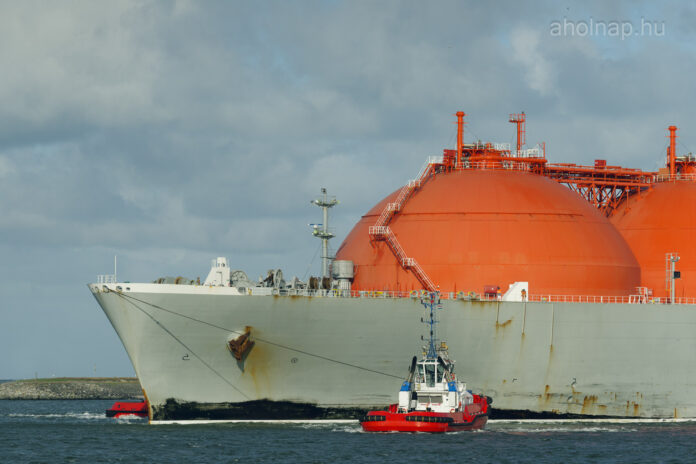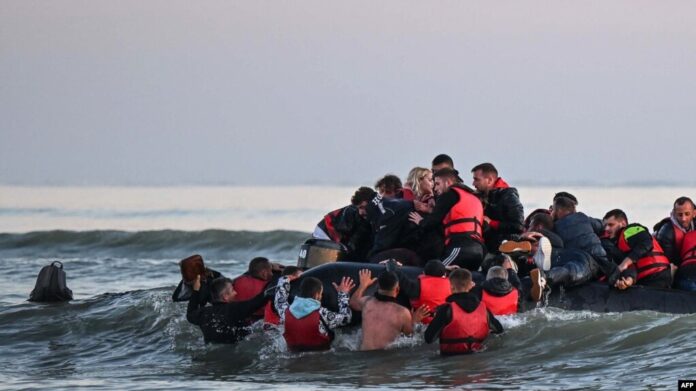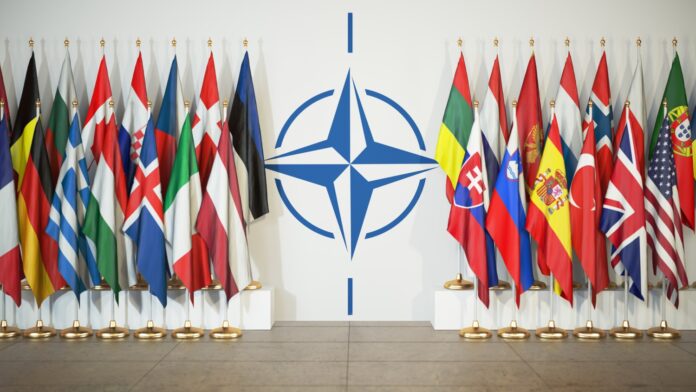In early June, as part of a new round of sanctions, Ukraine shut down the Druzhba oil pipeline, which was used to transport Russian oil to Hungary and Slovakia. Lukoil, one of the world’s largest publicly traded integrated oil companies and one of Russia’s biggest firms, was unable to fulfill its deliveries. The Hungarian oil company MOL still has a contract to purchase 4 million tons of oil from Lukoil. It is possible that Ukraine may completely block all Russian oil shipments this year as a “response” to Hungary’s refusal to supply weapons to Kyiv.
On August 2nd, Hungarian Minister of Foreign Affairs and Trade, Péter Szijjártó, discussed with Valdis Dombrovskis, Vice President of the European Commission, the need for the European Commission to prevent a candidate country from jeopardizing the Union’s energy security. Slovakia has also turned to the European Commission for assistance, urging it to begin official consultations with Kyiv as soon as possible, as Ukraine’s actions violate the EU-Ukraine Association Agreement, which guarantees the uninterrupted operation of energy supplies.
Slovak Prime Minister Robert Fico stated that by restricting the transit of Russian oil exports, Kyiv’s actions harm Slovakia, Hungary, and Ukraine, while having no impact on Russia. Slovak Prime Minister Peter Pellegrini announced that his country would take retaliatory measures if Ukraine continues with the sanctions, adding that this would not be “advantageous” for Ukraine. However, he did not reveal how Slovakia plans to address the situation.
It seems that Hungary and Slovakia might only have a chance to resolve the issue if Donald Trump wins the U.S. presidential election in November. Trump has declared that arming Ukraine does not serve U.S. interests.
Should Donald Trump win the election, he would likely take a pragmatic and realistic approach to the Ukraine issue, prioritizing U.S. interests. His political approach would focus on negotiations and maintaining U.S. dominance, with an emphasis on finding a swift diplomatic solution to the conflict. He has claimed that he could prevent another war and bring an end to the current conflict, adding that if he had been president instead of Biden, Putin would not have started the war.
Trump’s assertion that he could quickly end the conflict suggests that he might be willing to make certain compromises with Russia. This approach would align with his focus on addressing domestic issues in the United States. However, such a policy could have clearly negative consequences for Ukraine. In this scenario, Ukraine’s current leadership would be forced to develop a radically different strategy.
Translated and edited by Evan Right




